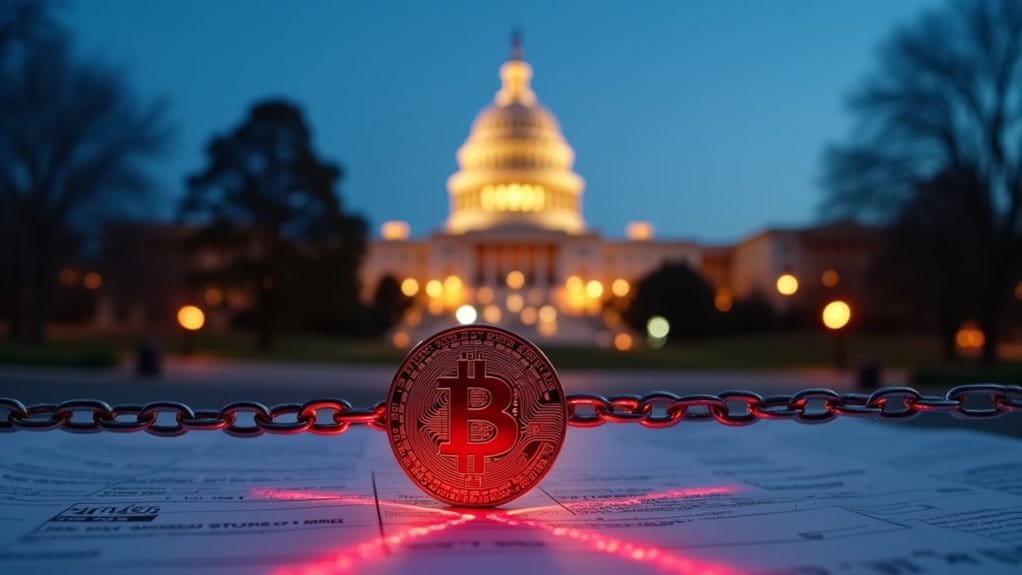In a striking display of bipartisan cooperation, the U.S. House of Representatives voted 292 to 132 to overturn the contentious IRS DeFi broker rule, which would have required crypto entities to report extensive taxpayer and transaction data. This decisive action follows a previous Senate vote of 70 to 27 in favor of repeal, demonstrating substantial cross-party consensus on the issue, with 76 Democrats joining Republicans to support the measure despite opposition from some of their colleagues.
The House’s rebuke of the IRS DeFi rule showcases rare political unity in protecting innovation and privacy within digital asset markets.
The controversial IRS rule sought to expand tax reporting requirements to encompass digital asset operators, compelling them to function in the same manner as traditional brokers. Critics argued that decentralized finance (DeFi) platforms, by their fundamental design, cannot comply with such mandates due to their lack of access to user identification data.
The implementation of these requirements would have created insurmountable compliance challenges while potentially compromising user privacy and impeding technological innovation in the rapidly evolving cryptocurrency sector. The rule was finalized during the closing days of the Biden administration.
The repeal effort, conducted under the Congressional Review Act, initially advanced through the House Ways and Means Committee with a 26 to 16 vote. Senator Ted Cruz has also introduced a resolution in the Senate to support this effort. For the resolution to take effect, it must now secure another Senate majority vote before proceeding to President Trump’s desk, where senior advisors have indicated support for signing it into law.
Representative Jason Smith articulated the position of many supporters, characterizing the rule as both unfair and unworkable, while emphasizing its potential to stifle innovation. Conversely, Representative Lloyd Doggett voiced concerns that repealing the measure could facilitate tax evasion and money laundering activities.
The economic implications of this legislative action are significant, with estimates suggesting that rescinding the rule could reduce U.S. government revenue by approximately $3.9 billion over the next decade. However, proponents maintain that preserving America’s competitive edge in digital asset innovation outweighs these fiscal considerations, arguing that the rule would disadvantage U.S.-based businesses relative to their foreign competitors operating under less restrictive regulatory frameworks. This regulatory uncertainty occurs at a time when the growing DeFi sector is attracting substantial venture capital investment and presenting new growth opportunities for investors.








